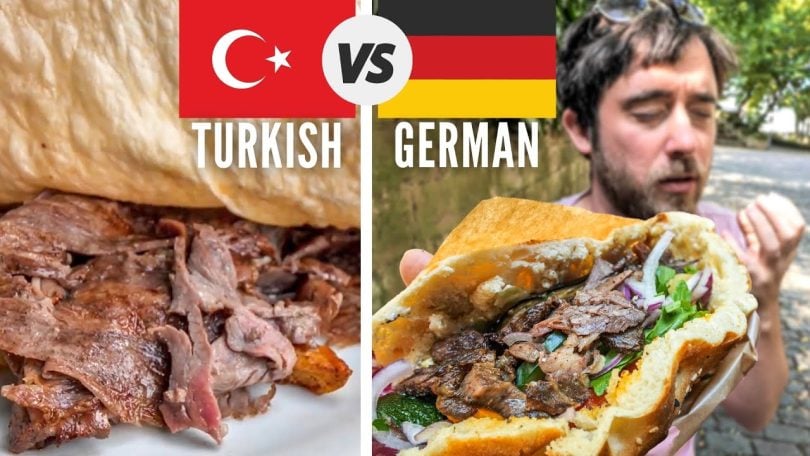The European Union may compel Turkey and Germany to resolve their protracted dispute regarding the classification of the doner kebab, a widely consumed food of Turkish origin in Germany. The European Commission is expected to provide both nations with a six-month period to negotiate a resolution, failing which a decision will be made regarding the future of the kebab itself.
This disagreement between Berlin and Ankara over the doner kebab originated two years ago when Turkey sought EU recognition for the dish as a Turkish specialty, similar to Italy’s Neapolitan pizza or Spain’s Jamon Serrano.
The European Commission reports that annual sales of doner kebabs in Europe exceed €3.5 billion (approximately $4 billion), with Germany accounting for about €2.3 billion of this total. Should Ankara’s application be approved, the doner kebab would be the first traditional product name from Turkey to be officially registered in the EU.
Although Turkey is not a member of the EU, the bloc has a Traditional Specialties Guaranteed (TSG) program that permits both member states and non-member countries to seek protection for their traditional food items. Should the doner kebab receive TSG status, it would need to be prepared according to specifications set forth by Ankara throughout the EU.
In April, Brussels announced a preliminary agreement to register the dish on behalf of Turkey and subsequently published Ankara’s application on its official website. However, Germany, where the doner kebab has gained immense popularity since its introduction by Turkish immigrants in the 1970s, swiftly raised an objection. Berlin contested specific aspects of the application, including the types of meat and other ingredients involved. Throughout the summer, it consistently argued that awarding TSG status to Ankara would adversely affect local meat production and could lead to an increase in the dish’s cost.
The European Commission has reportedly received 11 objections regarding Turkey’s application. A decision on the validity of these objections was anticipated by September 24; however, no announcement has been made to date. Should Brussels determine that the complaints are valid, it is expected to grant both Berlin and Ankara a six-month period to address their disagreements. If they do not succeed in resolving the issues, the Commission will make a determination regarding Turkey’s application.
Cem Ozdemir, Germany’s Minister of Food and Agriculture, who has Turkish heritage, previously stated that this action would constitute an “intervention in the German market with a significant economic effect.”
The kebab is an integral part of Germany’s culinary landscape. Individuals should have the freedom to prepare and enjoy kebabs according to their preferences, without needing guidance from Ankara on this matter, he expressed in a post on X.
In contrast, the International Doner Federation based in Istanbul contends that this dish is a significant aspect of Türkiye’s gastronomic heritage and should be made in accordance with Turkish standards.























